Hello To All My Readers, Followers and Blogging Friends ❤
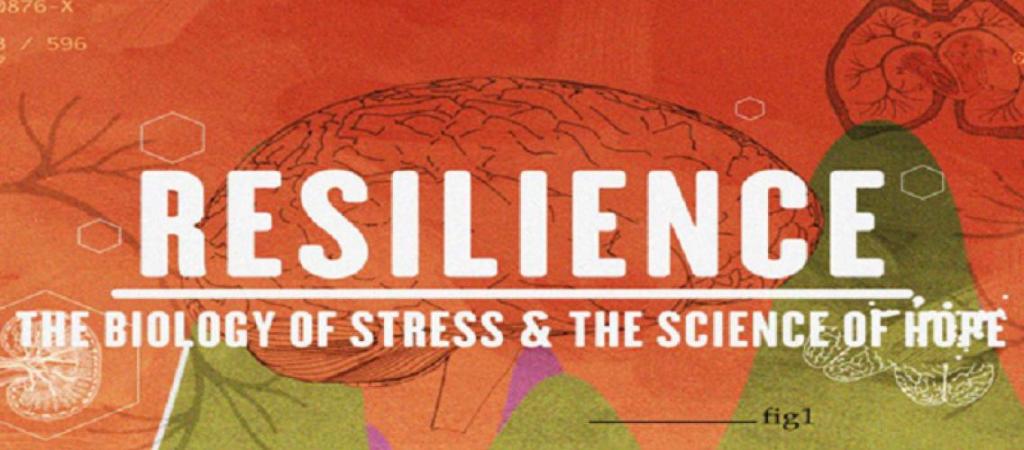
What Is Resilience? In psychology, resilience is considered a positive adaptation that takes place after a stressful event or an adverse situation. Many psychologists think of resilience as an attitude that can be developed, not a personality trait that people must be born with. Some psychologists also believe that resilience can be strengthened by good hormones which is released when someone is around a person they love. This feeling of connection can help in forming resilience. Resilience is often defined as the mental reservoir of strength that helps people handle stress and hardship.
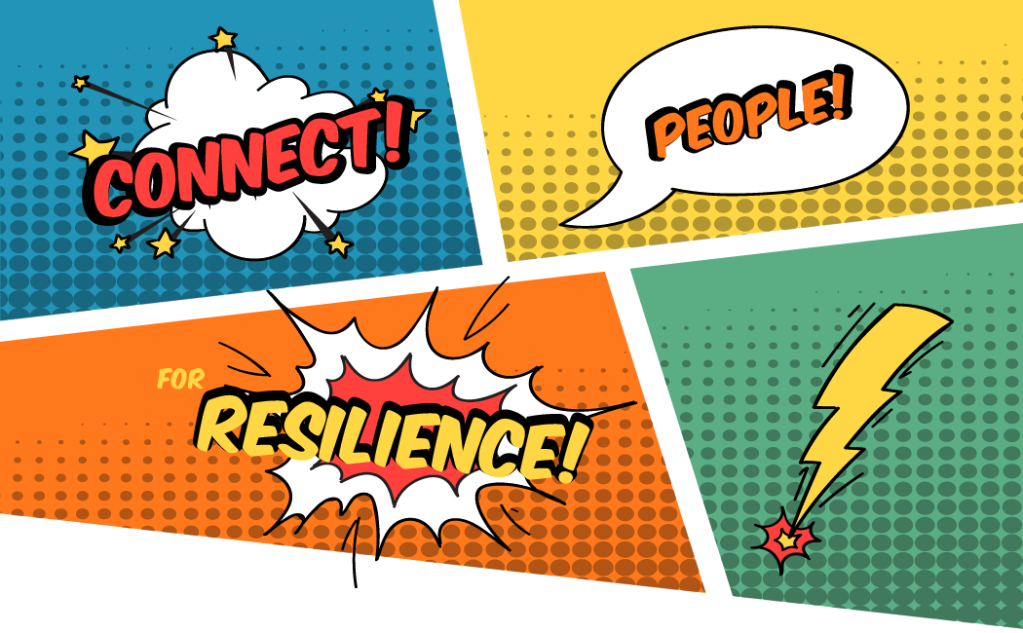
1Resilient people are able to draw upon this strength to cope and recover from challenges. That’s true even when they face significant traumas, such as job loss, financial problems, serious illness, relationship challenges, Resilience also means understanding that life is full of challenges. While we cannot avoid many of these problems, we can remain open, flexible, and willing to adapt to change.
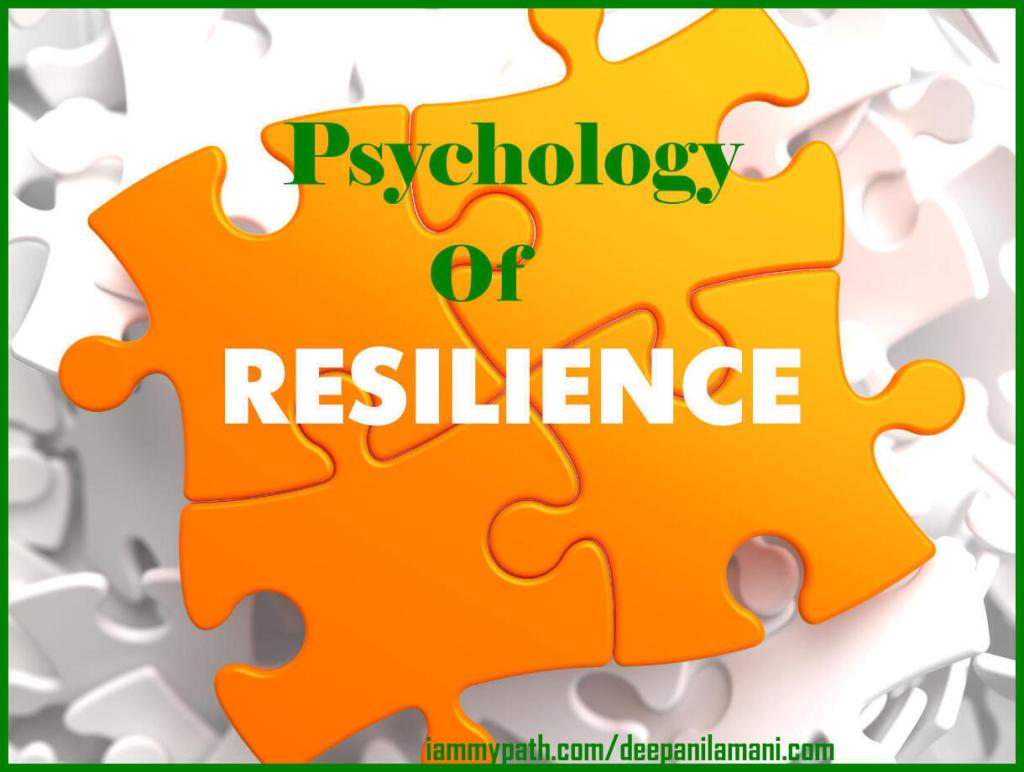
Strong Social Connections
Whenever you’re dealing with a problem, it is important to have people who can offer support. Talking about the challenges you are facing can be an excellent way to gain perspective, look for new solutions, or simply express your emotions. Resilient people have a network of friends, family members, co-workers, and online support groups to keep them socially connected.5

Characteristics of Resilient People
Resilient people are aware of situations, their own emotional reactions, and the behavior of those around them. By remaining aware, they can maintain control of a situation and think of new ways to tackle problems. In many cases, resilient people emerge stronger after such difficulties. While people vary dramatically in the coping skills they use when confronting a crisis, researchers have identified some key characteristics of resilience.2 Many of these skills can be developed and strengthened, which can improve your ability to deal with life’s setbacks.
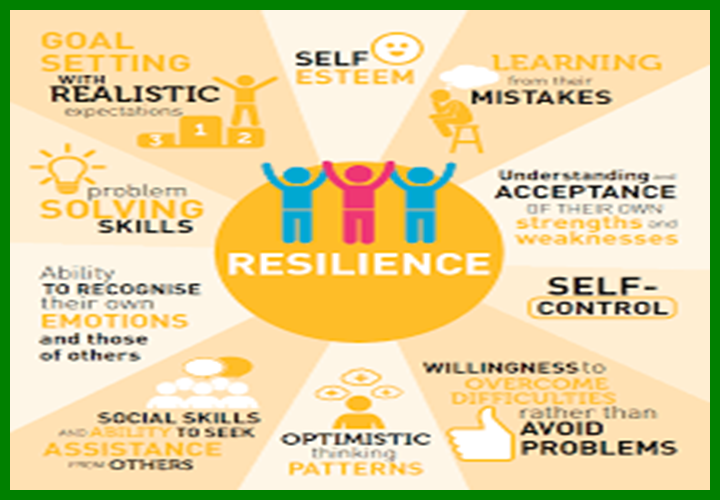
Sense of Control
Do you perceive yourself as having control over your own life? Or do you blame outside sources for failures and problems? Generally, resilient people tend to have what psychologists call an internal locus of control.3 They believe that the actions they take will affect the outcome of an event. Of course, some factors are simply outside of our personal control, such as natural disasters. While we may be able to put some blame on external causes, it is important to feel as if we have the power to make choices that will affect our situation, our ability to cope, and our future.
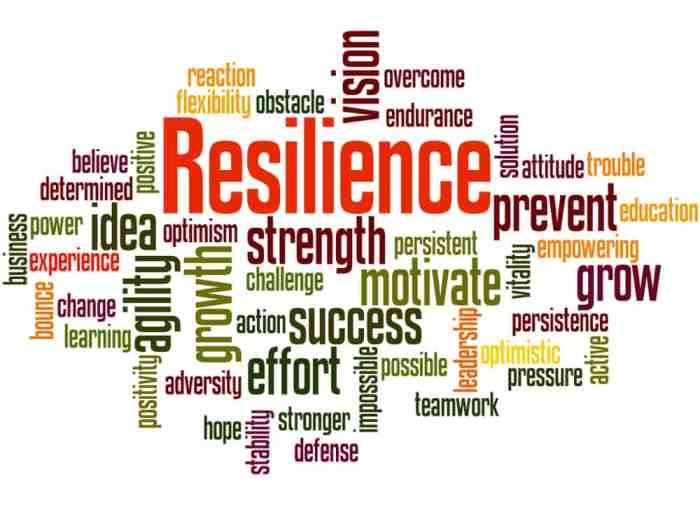
Survivor Mentality
When dealing with any potential crisis, it is essential to view yourself as a survivor. Resilient people avoid thinking like a victim of circumstance and instead look for ways to resolve the problem. While the situation may be unavoidable, they stay focused on a positive outcome.

Emotional Regulation
Resilient people are able to regulate their emotions effectively. The ability to recognize that they are having an emotional response and to understand what is causing the response can help them better handle emotions and cope with the situation at hand.
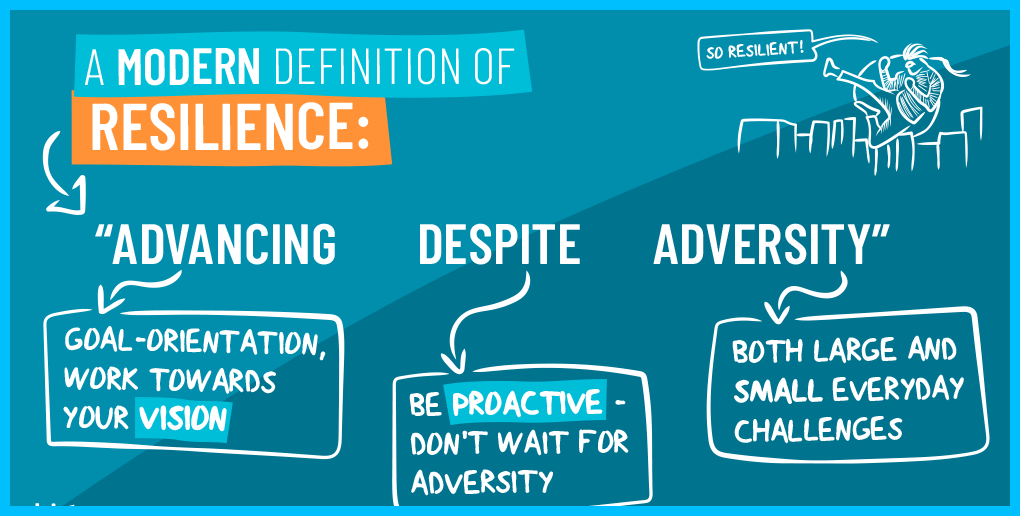
Self-Compassion
Resilient people are also compassionate toward themselves. They tend to notice when they need to take a break and are able to accept their emotions, which is important for resilience. Self-compassion can help boost overall health and resilience and ensure that you’re ready to face life’s challenges.

How to Ask for Help
While being resourceful is an important part of resilience, it is also essential to know when to ask for help. During a crisis, everyone can benefit from the help of psychologists and counselors specially trained to deal with crisis situations. Other potential sources of assistance include:
- Books: Reading about people who have experienced and overcome a similar problem can be motivating and suggest ideas on how to cope.
- Online message boards: Online communities can provide continual support and a place to talk about issues with people who have been in a similar situation.
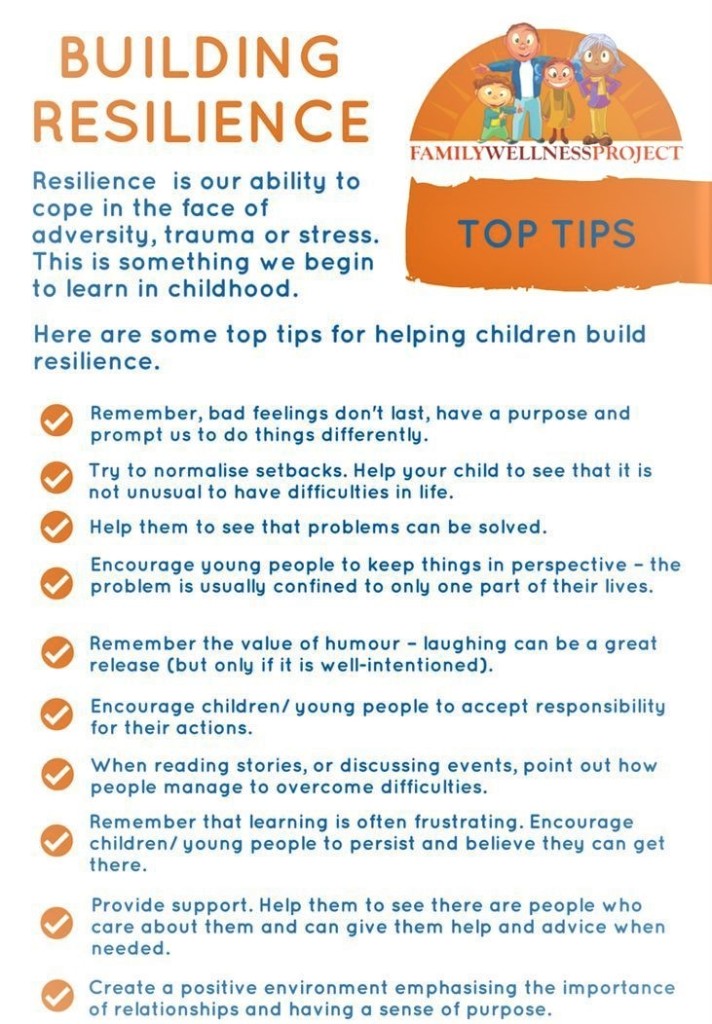
- Psychotherapy: If you are having trouble coping with a crisis situation, consulting a qualified mental health professional can help you confront the problem, identify your strengths, and develop new coping skills.6

Support groups: Attending support group meetings is a great way to talk about the challenges you’re facing and to find a network of people who can provide compassion and support.
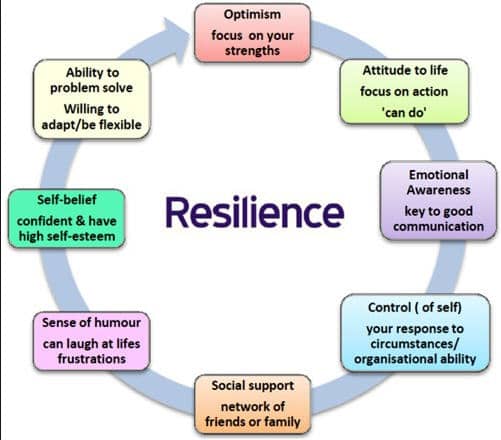
Resilience is important for mental health and well-being, and luckily, everyone can learn to be resilient. While some people may be naturally more resilient, it’s a skill that you can strengthen. Start by practicing some of the common characteristics of resilient people and focusing on your existing strengths. Don’t get discouraged; becoming more resilient may take time, but the investment will have big payoffs on your health and well-being.
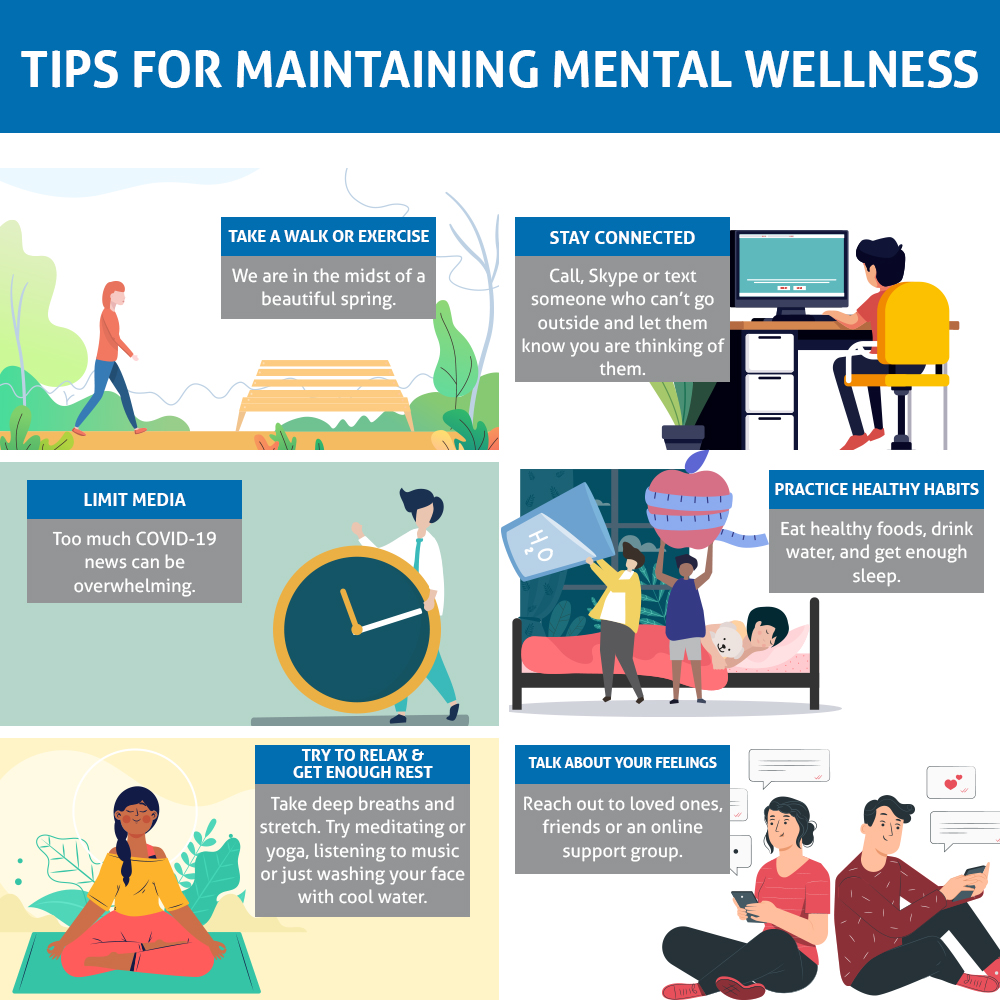
A picture to colour 🙂
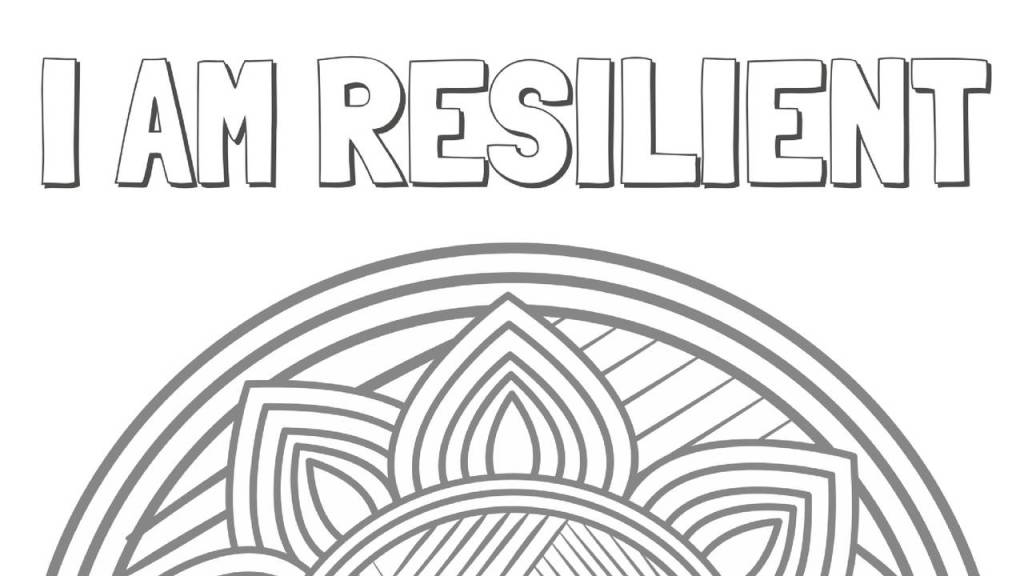
……………………………………………………………………………………………………………………………………………………………………………………………..
Once You have Read and understood, “There are 10 Questions to answer and Test Your Own Resilience” I will write the score later down here. And where you stand from Your score”!
1. I am calm in a crisis
2. I manage my stress levels well.
3. When something doesn’t go to plan, I learn from it and change my approach next time.
4. I don’t tend to worry about issues that I have no control over.
5. I don’t take criticism personally.
6. I feel confident nd secure in myself.
7. I would describe myself and optimist.
8. I have strong goals that I have a clear plan for achieving.
9. I concentrate on my strengths as opposed to focusing on my weaknesses.
10. I focus more on finding solutions to problems rather than being overwhelmed by them.
Your Total score= __ __
You give marks for yourself, 1 to 5.
In between 1 being not like me at all and 5 being very much like me. Add up your score and, see where you are “Out of 50 marks”!
What your score means from: 10 marks to 50 marks 🙂
1) 10-20:You have low level of Resilience and would benefit developing this area of your life. Perhaps you have a pessimistic view of life or you find problems as major set backs instead of challenging to overcome. Luckily Resilience can be honed (improved) so you can feel stronger during tough times.
2) 20-35:You have a good level of Resilience and although you may have bad days, you may veer (change direction) towards an optimistic view or keen to learn from mistakes. You are unlikely to give up in a hurry! Use the tips I will write to help develop your resilience even more and become “The Best Version of Yourself”
3) 35 and over: You have a strong levels of Resilience and love setbacks into opportunities. You are excellent at “Bouncing Back” and generally see the Positives in everyday or even bad days. Keep Developing this skill as it will “Help’ Your Confidence, Optimism and Reduce stress levels.
Even I have not got 50! More in the 2nd group 😛 No one is perfect. So I will have to see if I need to write a new post itself “How to Build up Resilience Although I have written extensively on “On how to get over stress and to Relax”!
In fact I have done, Resilience ~ Revised! Myself See how You learn from what I have written. I will do reference and write more clearly the Topics that is possible to do generally.
……………………………………………………………………………………………………………………………………………………………………………………………..
I hope you enjoyed “All what I have written about Resilience” The Journey and of All The pictures Quotes As usual I have taken a “Lot of Time and effort to “Do Reference, find Good and Different Pictures from “The I net, Books and Magazines for Useful Ideas and of course “My Knowledge and Experiences. Thanking You All For Reading. I am Moving on as usual with “My Own Journey of Wellness, Encouraging and Healing” So that Everyone can have “Faith, Hope and to Heal” To Lead a Better Life of Good Health, Happiness and Joy”. If you click on the Link You can Read This Post: The Therapists Voice Forward!
Latest Update: 9th August 2022. This is “The 198th Post” and with the “Introductory Page this will be all in Total up to date, 199th posts. On Top Right Hand side you are able to see: The word “Menu” when you click on it, You will see will see The word “Home” All the posts from “The Very Beginning comes ~ Under “Home”. Which is The Introductory Page about: Who I am & Why I am Writing!
I am in Good Health and as, “I have been able to, “Receive Healing Energy in to My Hands” since “Beginning of 2016” All my Hard work and Praying has been rewarded. Healing Energy can go to others too, and where ever it is needed to be received with a Clear Mind and Lot of Loving Kindness ❤

18th August 2022: Meanwhile I am being Congratulated by Word Press: 🎉 Congrats! I am My Path! is getting noticed. Keep up. 338 other Websites have started receiving updates. Making it 339 Web sites have started receiving updates 🙂
The Topics in Green, if you “Click” on them “Will take you to My other different posts which you will be able to find more information and even Pronunciation”. I have another website with “My own little Poems and Pictures of some of My Hobbies” if you are interested on seeing, “What else I am doing” during my spare time you can have a look at: https://deepanilamani.com/
As always, it is all free”. You can share and pass it on also for others who can benefit from this post. I hope All those who Read will be able to make the maximum use of all these facts and make, “Your Lives More Healthy and able to Lead Better lives in Happiness and Peace”. I wish it to be so as,” Peace which is our Ultimate Goal in Life ❤
Thanking, “The I net for the Websites I have taken the Information” the “Picture quotes I have shared” and to https://www.online-image-editor.com/ for the Quotes I have done Myself ❤
Sending Love, Light and Healing Energies to All ❤
May God’s Blessings Be Upon You ❤
Deepa Nilamani ❤
Trying to teach my child about resilience. Thanks for sharing!
LikeLiked by 1 person
Welcome
LikeLike